Penny Miller
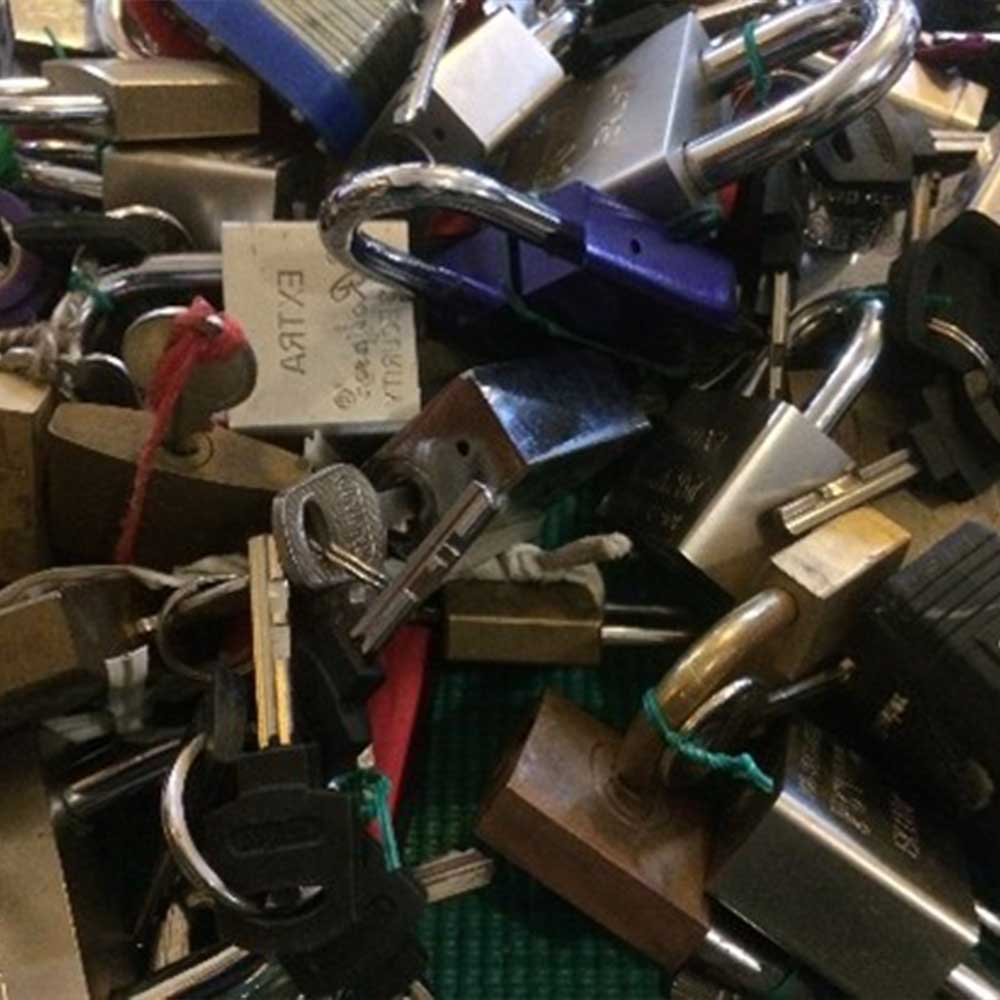
Peggy, my sister, was tough, funny, generous and street smart. She lived with intellectual challenges and paranoid schizophrenia. She also survived in a tough and challenging reality where people lived in the ceiling and walls of her house and came out at night when she was sleeping to move her things, eat her food, watch her TV and steal money.
Perri Bach
I hope and pray that I have the strength to advocate to the government and other powers that be, to create laws to provide for kind and gentle care facilities for our beautiful intelligent people with psychotic and schizophrenic disorders. A place where caring people can place them – yes, even against their will – when they are delusional and unable to care for themselves. A place that is safe, kind and provides medical care and respect while they stabilize and progress to become their own best productive self and function in society. A place where they can be treated with love and dignity. A place that is safe from harm while they are loved and cared for. Not jail, not on the streets, not an institution of the past. We, as Americans, owe this to our citizens. We are not kind by leaving them out on the streets to die or cause harm to themselves or others, just because their fragile delusional mind says that they don’t want or need help. You are worth saving. I love you.
Jane Jepson
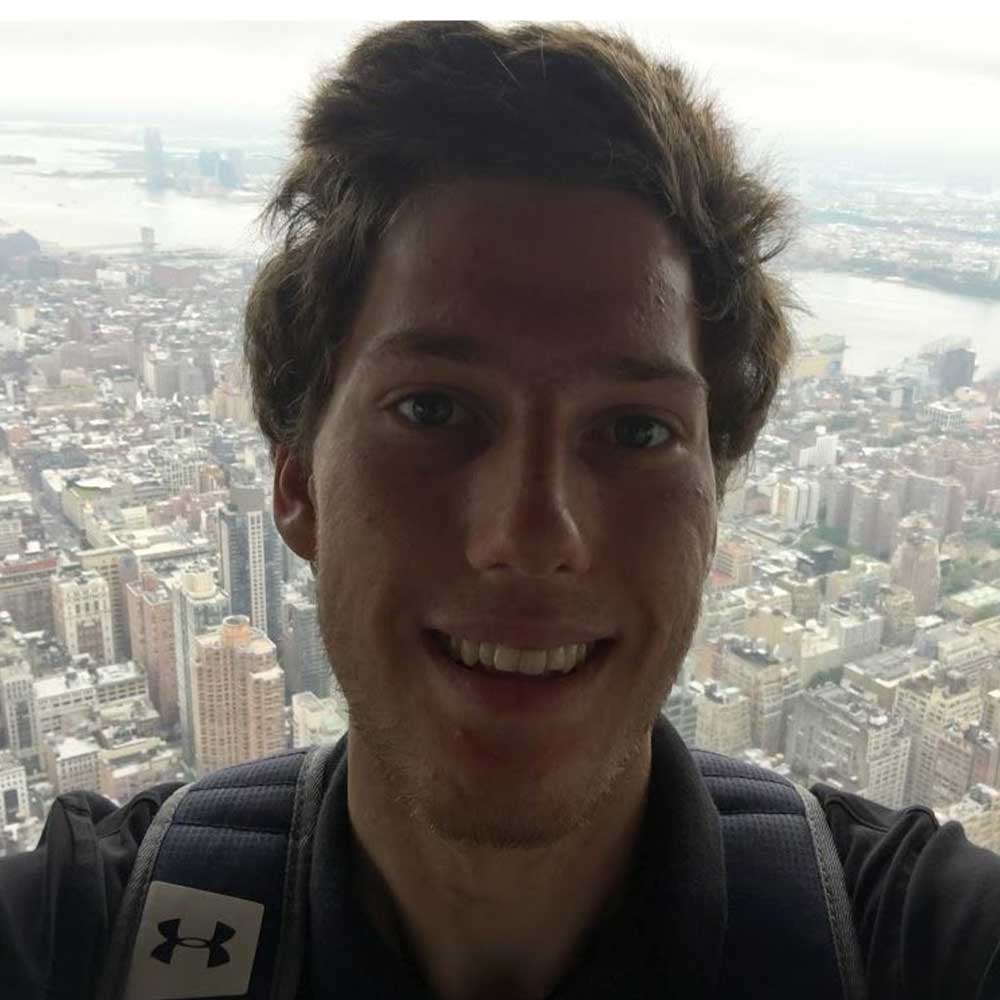
When my youngest son was diagnosed with schizophrenia, I was propelled into a traumatic period of personal darkness. In psychosis, my son believed I was an imposter and refused to call me Mom. I was alone, confused and often immobilized with guilt, anger and loss. In my sorrow, I took inventory of what was lost. Many of the most painful losses were injuries to my sense of self and family narrative:
Caregiver Story
Challenges! I used to think I knew what those were until I became a full-time caregiver for my sibling who is schizophrenic. In the late spring of 2021, my family suffered two losses. Two of my sisters passed away from COVID-19. One of those sisters was the primary caregiver for my brother who suffers from schizophrenia. She had been his caregiver for more than 20 years, so it is safe to say that they had a routine. Before that sister passed, she was also suffering with an illness that caused her to slowly deteriorate. She needed care, but she continued to do all that she could to continue to care for my brother. After she passed, another sister attempted to care for my brother, while the rest of the family settled two estates and tried to get our family back on track.
Marina S.
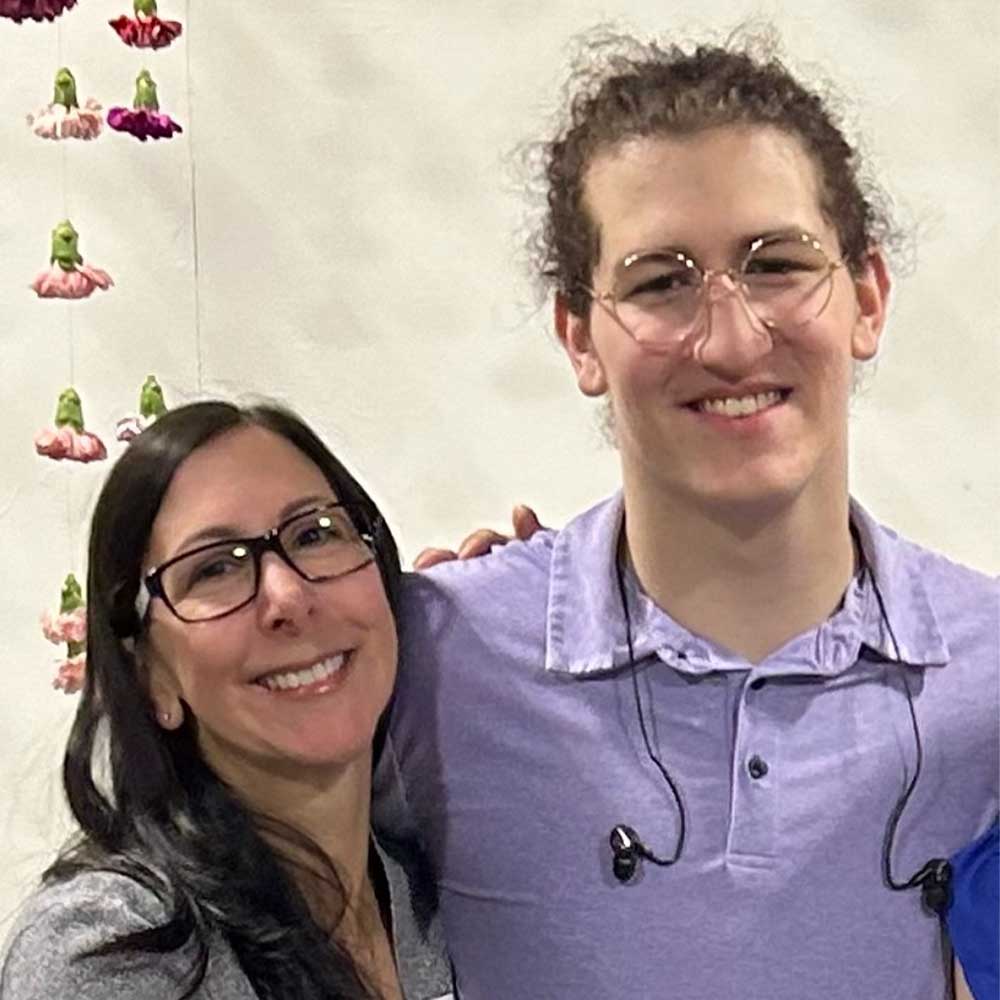
My son has been living with schizoaffective disorder for 4 years now. This disease took a lot from him in the beginning, and continues to make everyday life difficult, but I am so proud of how he has learned to cope with his symptoms and has developed ways to mitigate triggers and other stressors that can cause his symptoms to worsen. Our family felt very alone at first, as did my son, and I think that part of starting the journey of living in this “new normal” is to realize that you aren’t alone and there are other people who can relate to parts of your journey.
Sue Maida
I simply cannot believe the lack of care that exists for those suffering with SERIOUS mental illness (SMI). It’s unforgivable. The ignorance and misinformation surrounding psychosis and anosognosia is unbelievable. The refusal of “professionals” to listen to distraught and desperate families causes irreparable harm. Lives, families and communities are destroyed. Families try for years/decades to get help for their loved one who has been “stolen” by a brain illness. Loving, kind, intelligent people have had their lives devastated by the merciless grips of psychosis. Coupled with anosognosia, psychosis is so difficult to overcome. It’s nearly impossible to find hope, much less help.
Caregiver Story
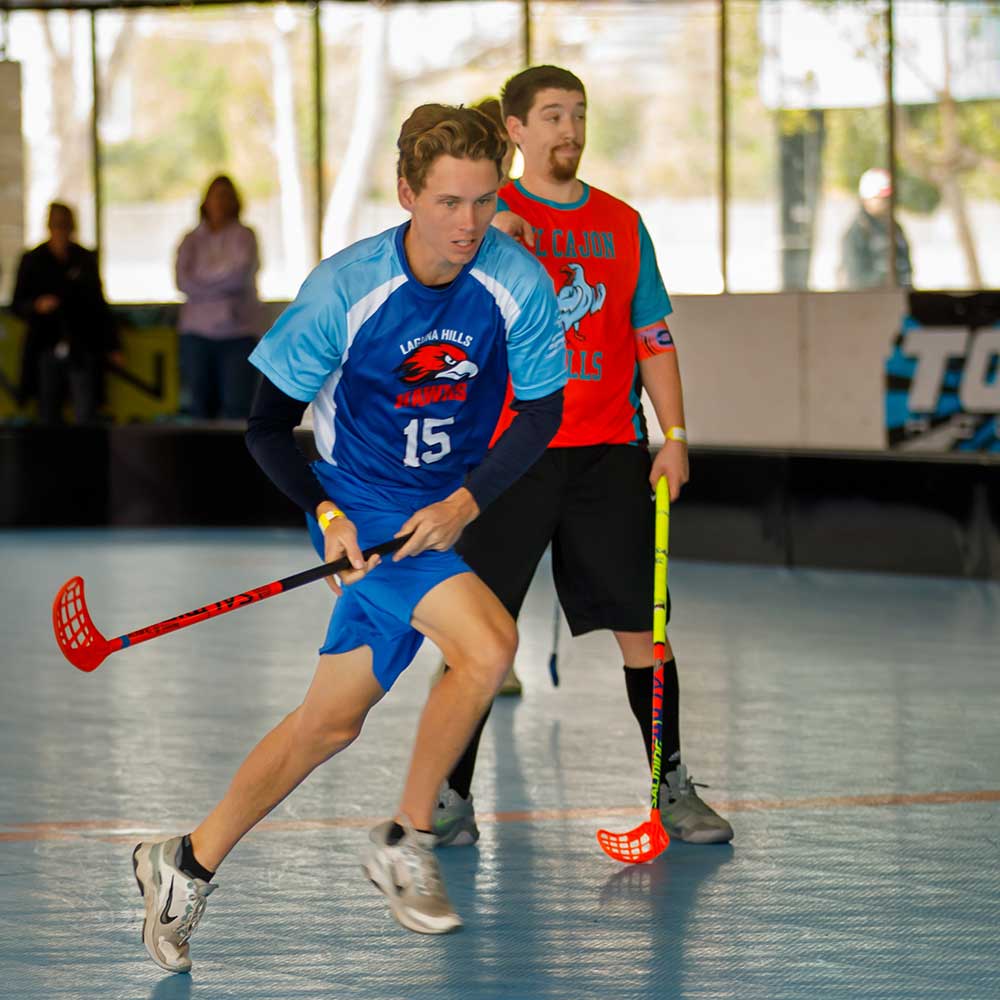
My son descended into full-blown psychosis at age 17. He is now 27. I’m here to tell you there is hope!! He was so affected: religious delusions, paranoid, aggressive, confused. Through a great first-psychosis program, weekly therapy, multiple different trials of meds, regular sleep schedule and meds, lots of outdoor walks and finally on [medicine] and a long-acting injectable, he has not been hospitalized in three years, is a sweet, helpful son and fully participates in many special-needs sports teams. No, cognitively he will never be the same, but he is a wonderful son and I love him so much!!!!!
Jo Canady
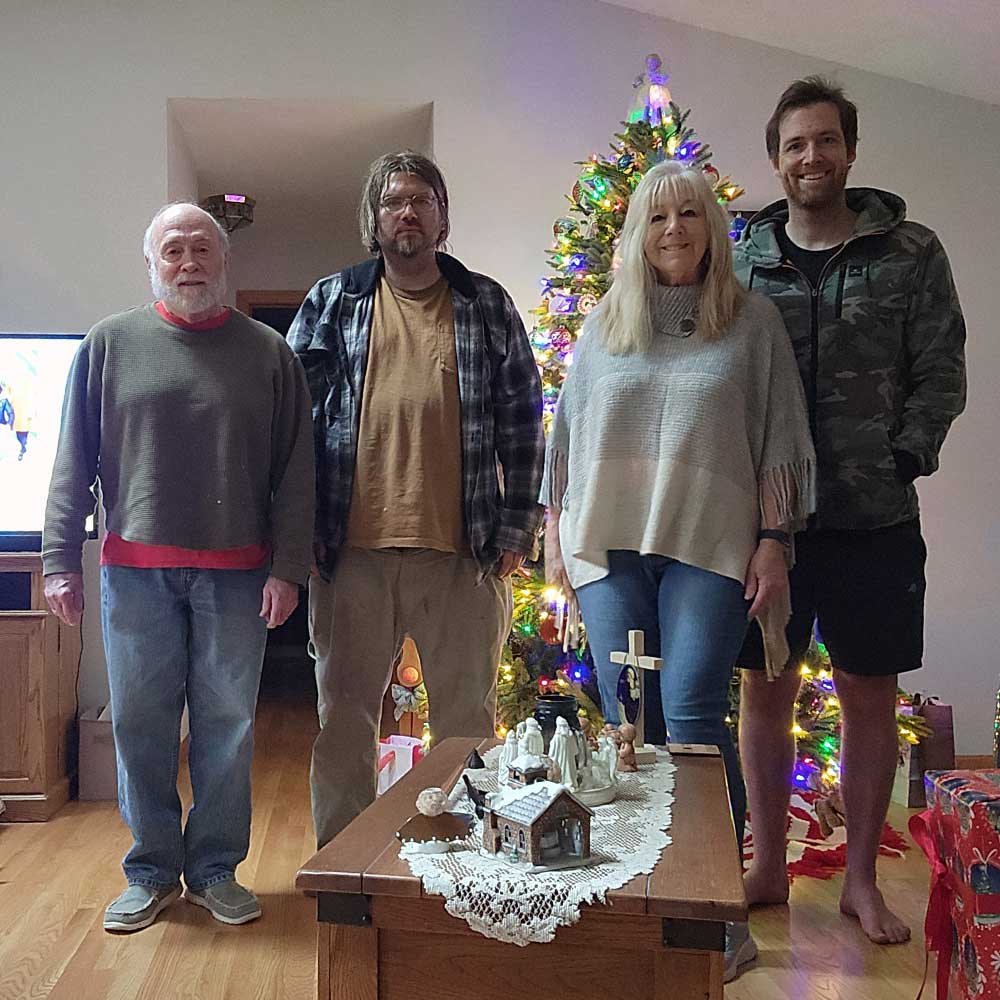
My son was diagnosed at age 25. He is 39 now. He lacks judgement and makes poor decisions. He has gotten into financial debt he can’t pay. I worry about his health and wellbeing. He doesn’t take care of himself. He is on an injection and daily medication. GOD gives me strength. I’m able to help my son have a roof over his head, transport and food. Resources are very limited to find to help him. He needs some help to keep his place clean. It’s horrible living conditions but he has a roof over his head. I hope one day he will be able to get a job and enjoy life.
Caregiver Story
My 26-year-old son has schizoaffective disorder. He and our family have had eight years of hell coping with this severe mental illness, in which he experiences episodes of psychosis. Before the onset of this debilitating brain disease at age 18, he was a gentle, thoughtful, very bright young man, with a huge college scholarship to study engineering.
Linda Manzo
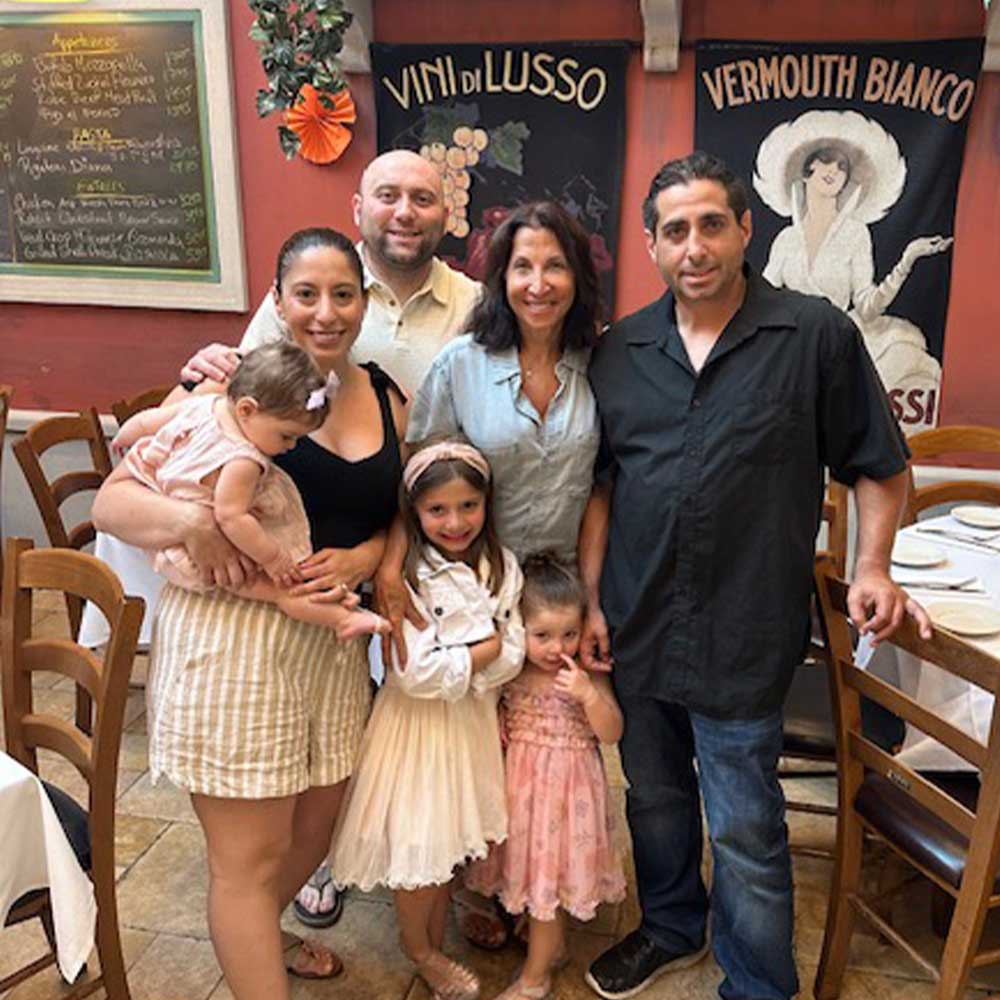
My son has schizophrenia and was diagnosed at 26. He is now 42 and suffers with alcohol and pot addiction. He does take monthly [medicine] in exchange for me paying his rent. That’s been the best I can do. Although it is a financial challenge to pay two rents as I am a single mom, I know that he is a good man, and I love him. I’ve tried to surrender changing him. No matter what I do, he continues to drink, and with anosognosia, it only makes it harder. I am very concerned about what will happen when I am gone. My faith gives me strength.

